
“Thus when the conservative discusses freedom, he accepts that while maximising it is a worthy goal, it must nevertheless always be balanced by the broader need for a cohesive and stable community. The notion that we should allow individuals to pursue self-destructive activities in the name of freedom sits uncomfortably with many conservatives because we see unbridled freedom as no freedom at all.
“A natural evolution of this view defines the conservative attitude to community. For far too long we have heard the leftist slogan, ‘we live in a society, not an economy.’ Perhaps this has gained popularity because, with the pre-eminence of economic concerns in recent decades, we have allowed materialists and economic reductionists to shape what passes for conservative discourse. The slogan is used to defame and paint us as heartless individuals whose concerns are selfcentred, purely financial and material. Nothing could be further from the truth.
“Conservatives accept that each of us has an obligation to offer help to those in need or caught in a spiral of self-harm. This derives from our Christian heritage and the manner in which it has shaped our politics. Here, once again we see the legitimacy of our common religious heritage and the necessary moral lessons it has imparted to us. But while the conservative acknowledges that he may have an obligation to his neighbour, he cannot force his neighbour to accept such help.
“Here is the influence of our Christian concept of virtue, which, as discussed earlier, must always be voluntary to be truly virtuous. As the conservative accepts that he cannot afford not to extend the hand of support in some cases, that support must be accepted voluntarily by the citizen in need.”
▪ Cory Bernardi, The Conservative Revolution (Connor Court, 2013) extract from pages 134 through to 135.
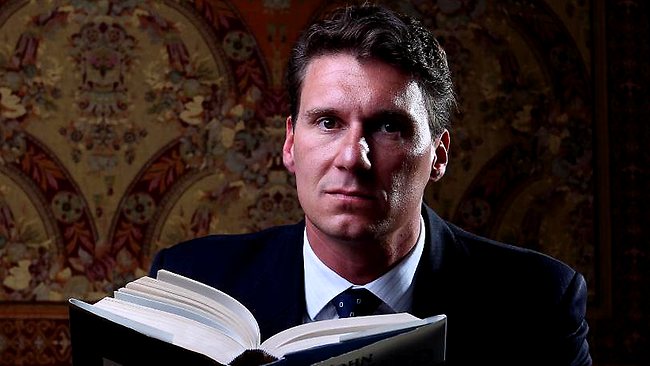
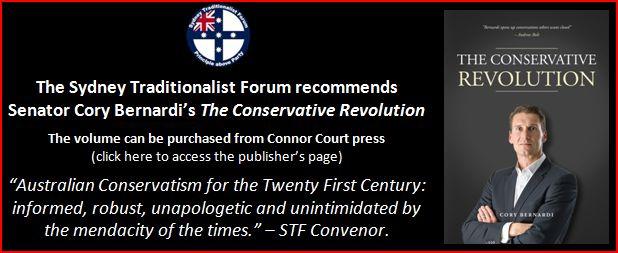
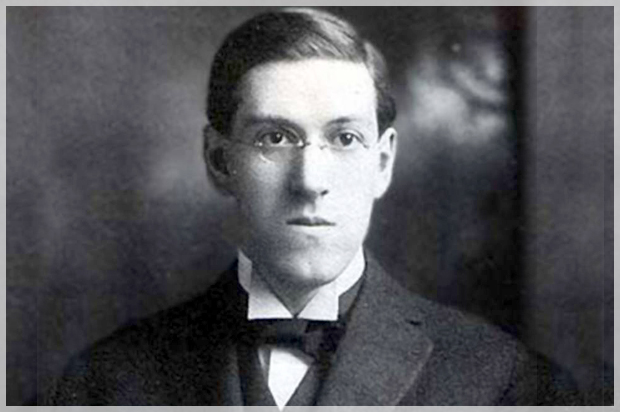
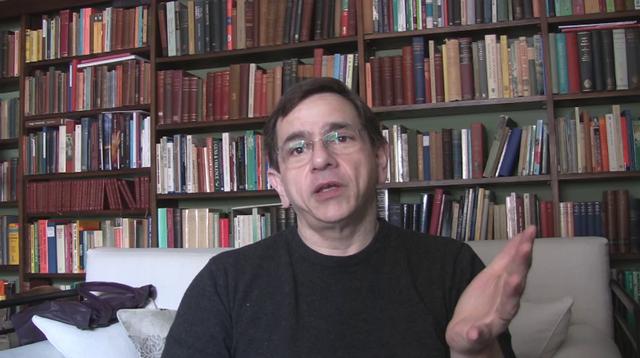

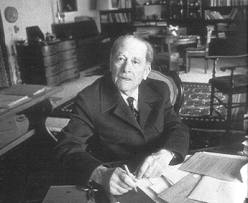
Be the first to comment on "Quote of the Week: Cory Bernardi, “The Conservative Revolution”"